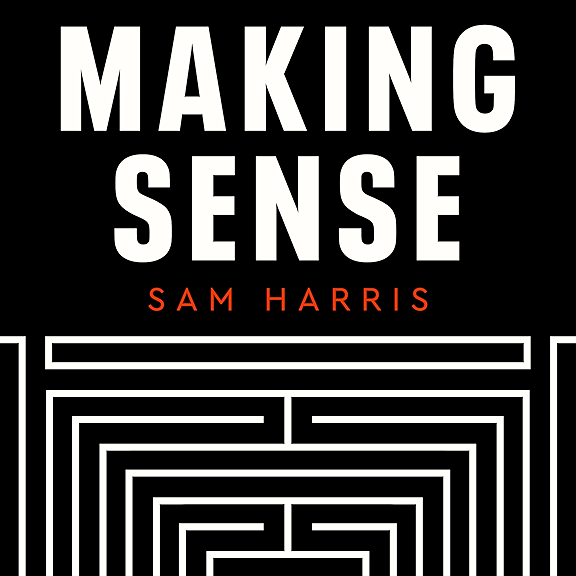
Why are we furless? Why do we cook our food and use spoken language? And how does climate change, sashimi, or the banks of Central America relate to human origins?
Human evolution is a deeply puzzling topic. But behind this dense mist lies many keys to our self-understanding. To guide us through the foggy territory, I am joined by Dr Ian Tattersall, a curator emeritus at the American Museum of Natural History (New York).
In this episode, Dr Tattersall and I discuss:
(04.00) An ancient climate change
(07:20) First humans
(11:20) Fire
(17:50) Fish
(21:40) Rocks
(24:00) Evolution vs Innovation
(25:30) Brain growth
(36:10) Children
(39:50) Language
(48:20) Why?
As always, we finish with Dr Tattersall's reflections on humanity.
LINKS
Want to support the show? Checkout Patreon.com/OnHumans
Want to read and not just listen? Get the newsletter on OnHumans.Substack.com
MENTIONS
Names: Richard Wrangham (see ep. 21), Susan Schaller, Ildefonso, Jane Goodall, Sarah Blaffer Hrdy, Yuval Noah Harari
Books: Masters of the Planet (Tattersall), Man Without Words (Schaller), Sapiens (Harari)
Technical terms: Oldowan tool culture (first stone tools, c. 2.5 million years ago), Acheulean hand axe (first major update in stone tools, c. 1.6 million years ago)
Fossils: Lucy (3.2 million years old); Turkana Boy (aka. Nariokotome Boy, 1.6 million years old)
Hominin species: Australopithecines, Homo ergaster, Homo erectus, Homo heidelbergensis, Homo neanderthalensis, Homo sapiens
A note on hominin taxonomy: Homo habilis was traditionally considered the first human and the first maker of stone tools. Dr Tattersall is among the many critics of this old idea. According to him and many others, there is no separate tool-making species called Homo habilis. Rather, Australopithecines started making stone tools without any change in the biology of the species. Also, it is worth noting that Dr Tattersall rejects the traditional view which gives a big role for Homo erectus in the human story. In this traditional view, Turkana Boy’s species, Homo ergaster, is called an African Homo erectus. Dr Tattersall and many others argue that this is a historic hangover with little basis in the biological evidence.




















